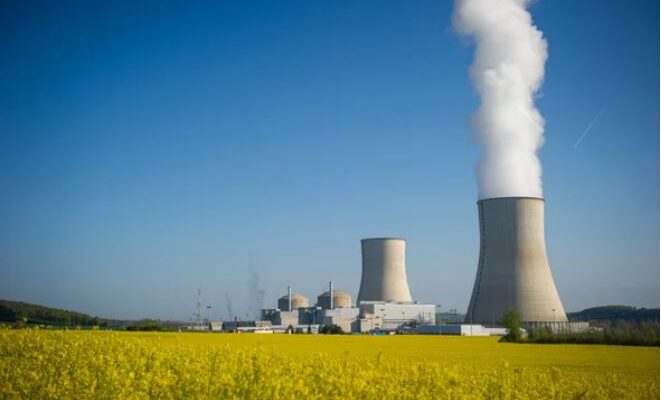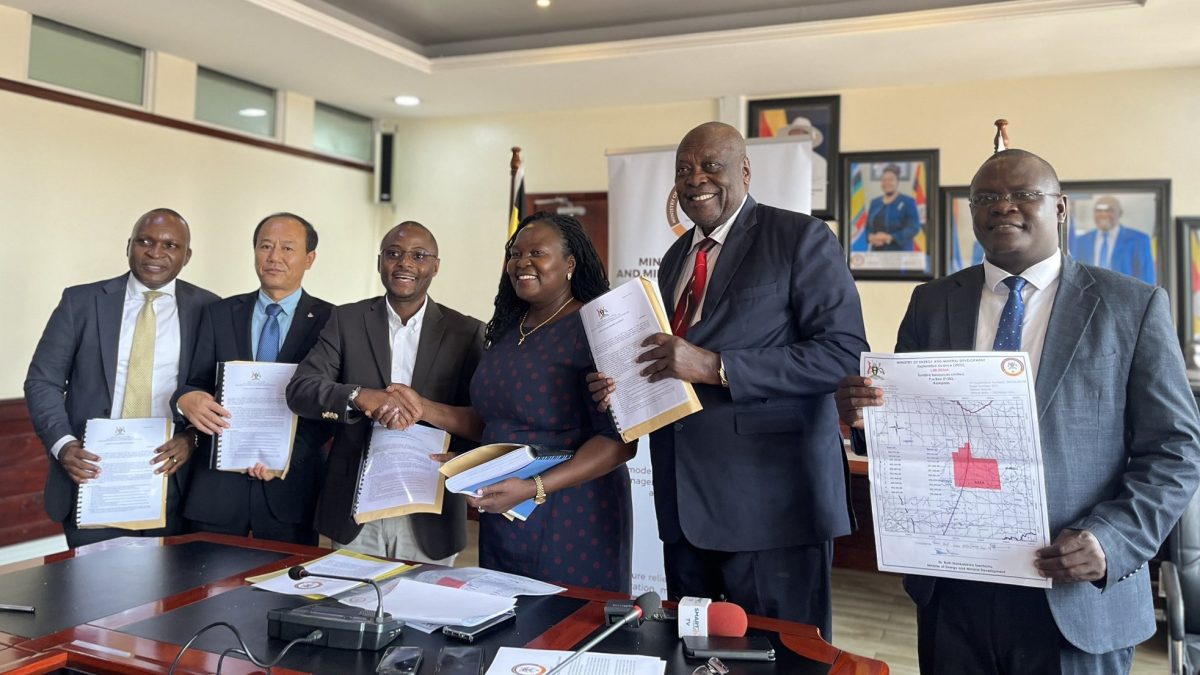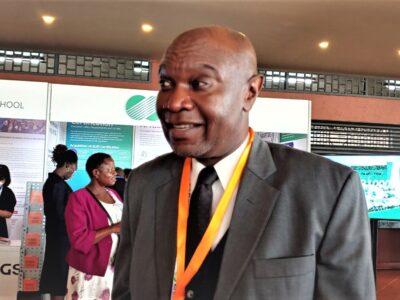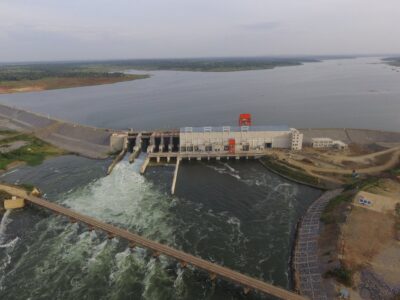
Uganda will need at least $10 billion to build, own and operate its proposed Nuclear Power Plant (NPP), a top government official has told us.
Expected to be commissioned in 2032, the country will use the sovereign-based model where a state nuclear company will be formed and handed ownership of the NPP.
The state nuclear energy company will have similarities with the Uganda Electricity Generation Company Limited, which is the asset owner of the Karuma hydropower project. The company will play a key role in identifying the contractor of the plant.
The Ministry of Energy and Mineral Development official, who declined to be named in order to freely speak to us, said the NPP will be constructed through a turnkey contract; that is Engineering, Procurement, and Construction plus Financing (EPC+F).
Uganda will hire a contractor to build the power plant, starting with the first 1000MW. The Ministry will then assign an external supervisor to ensure the contractor meets the agreed standards.
This is the most detailed information on Uganda’s proposed nuclear energy project so far – a venture that has split opinion on whether it is needed or not.
On one hand, government says the NPP, which is expected to add 2,000MW to the grid, will solve most of the country’s energy needs, while on the other a large section of the public believes the project will be a white elephant; fully embodying the idea of throwing good money after bad.
At the moment, the Ministry of Energy is in the process of procuring 30 square kilometres of land in Buyende district to host the plant. This land acquisition process should take at least three years.
The government will use national budget revenues to finance the land acquisition and then borrow the money for the construction of the plant.
“There is need for government ownership of the nuclear power plant so as to regulate the cost,” the official said.
Uganda’s debt levels are above 50 per cent of the gross domestic product, which has created some concern. However, government says the situation is not worrying.
“Borrowing will take place as part of overall government borrowing, rather than being identified as being for specific nuclear power plant purposes. Lenders will also implicitly have the same assurance that they will be repaid as they would enjoy if they were to lend to the national government for general purposes such as by buying its bonds,” we were told.
Because the tax base ensures a reliable source of stable revenues under their control, governments have always been regarded as being highly likely to pay back their debts, the official emphasized.
“Under the sovereign-based model, the financial risk that the investment will not produce revenues sufficient to cover its costs and provide a return (profit) is ultimately borne by taxpayers. A contractual framework is needed to structure the project,” he noted.









